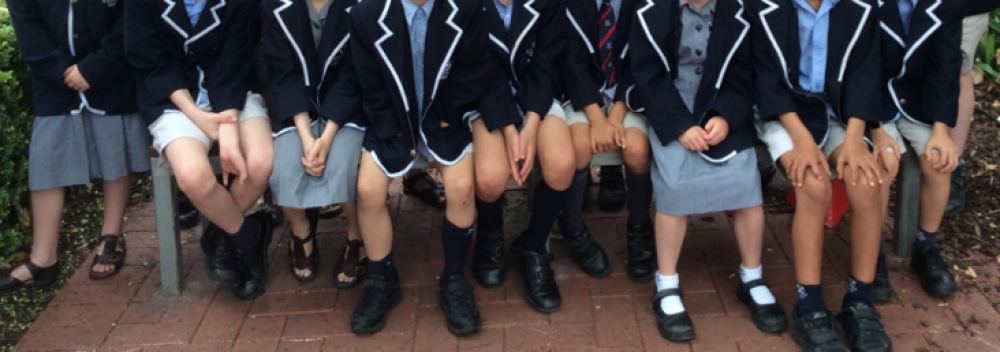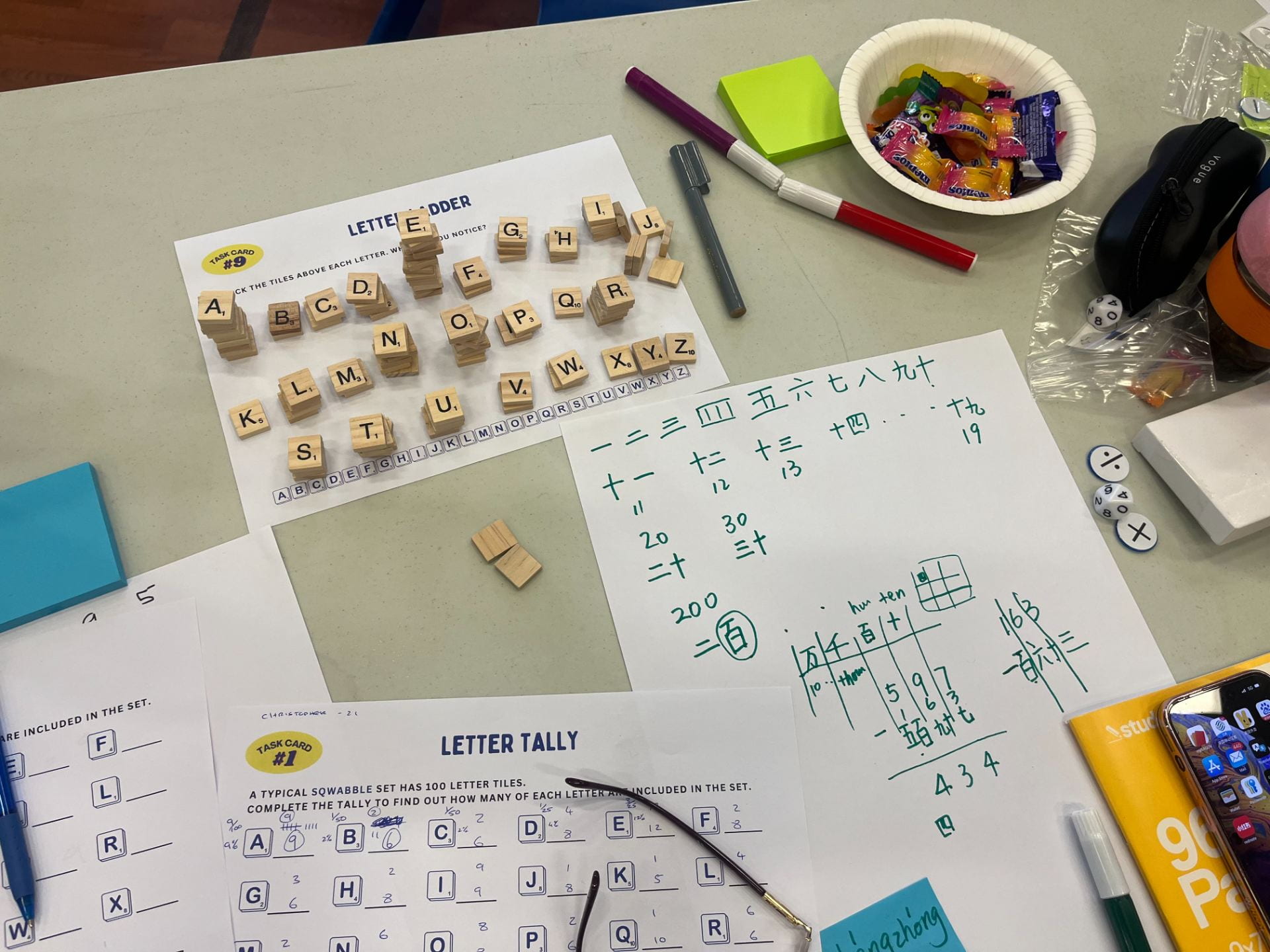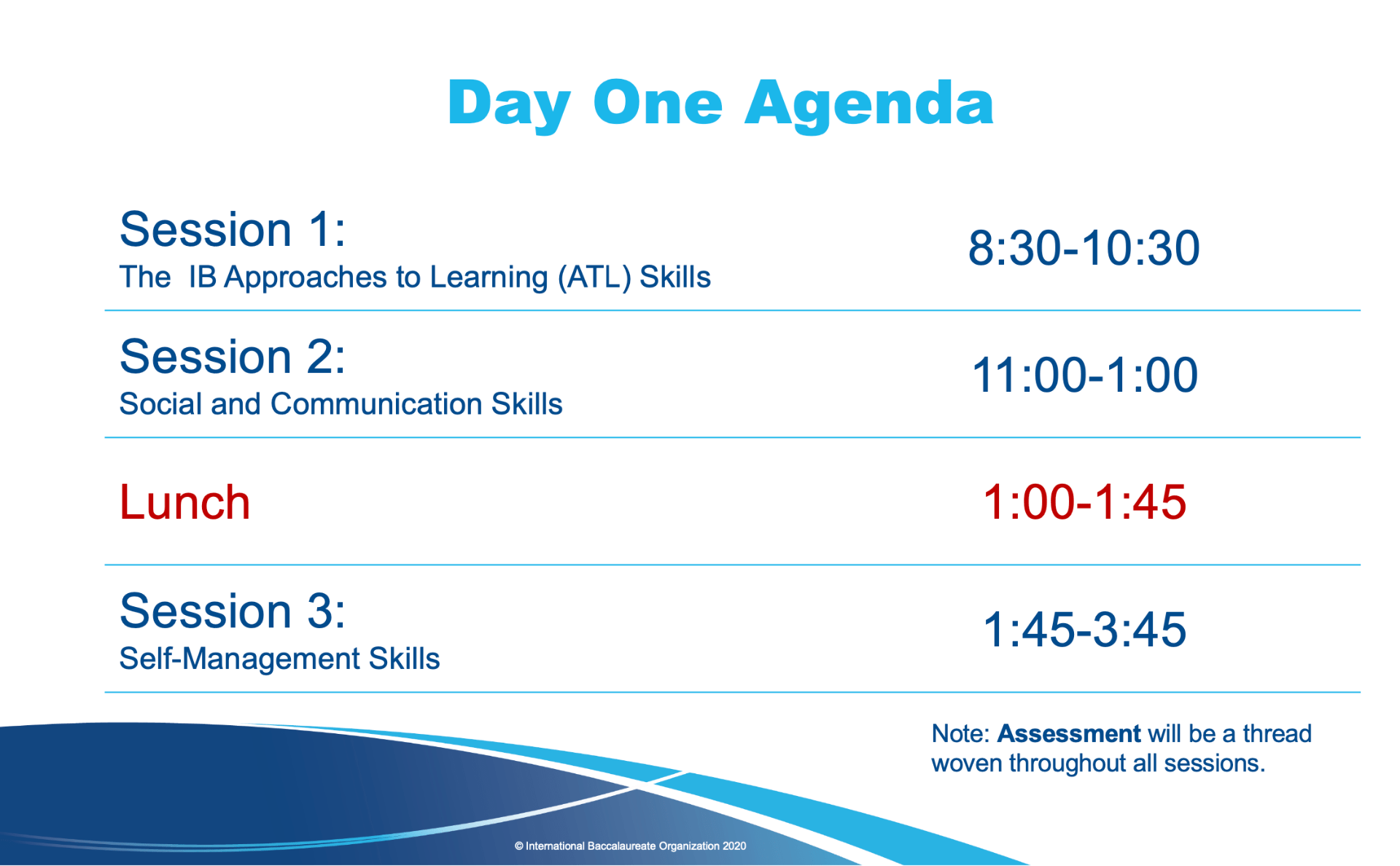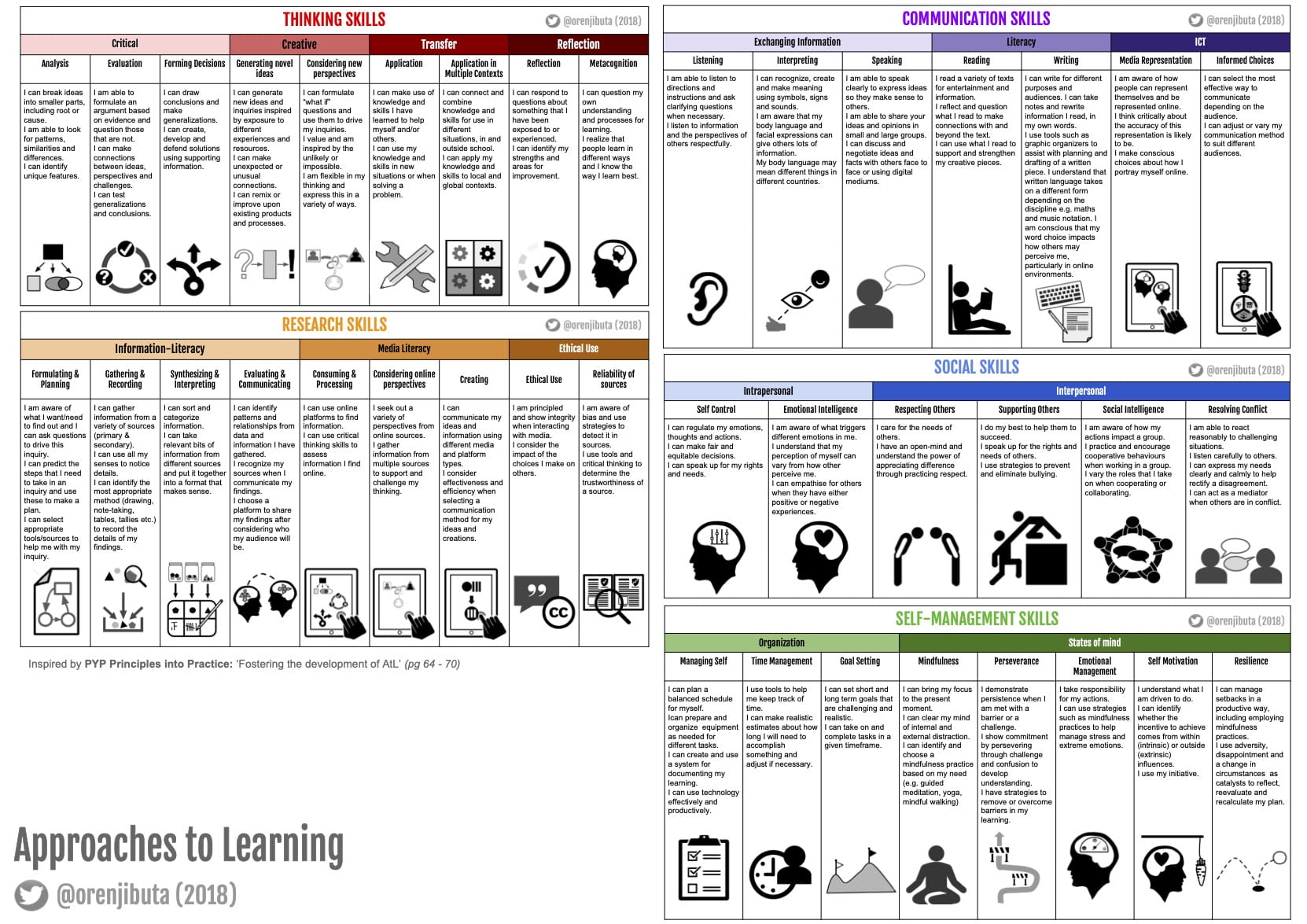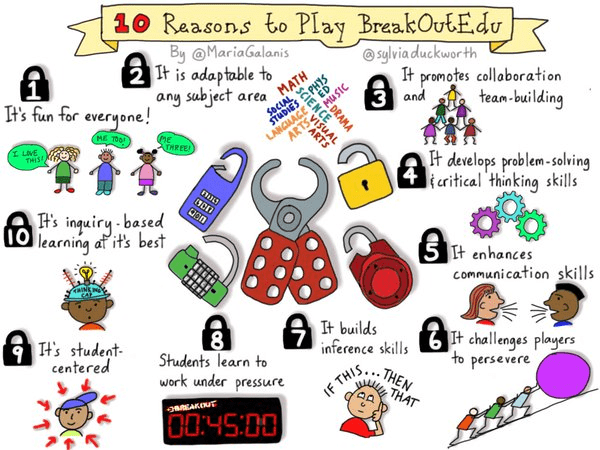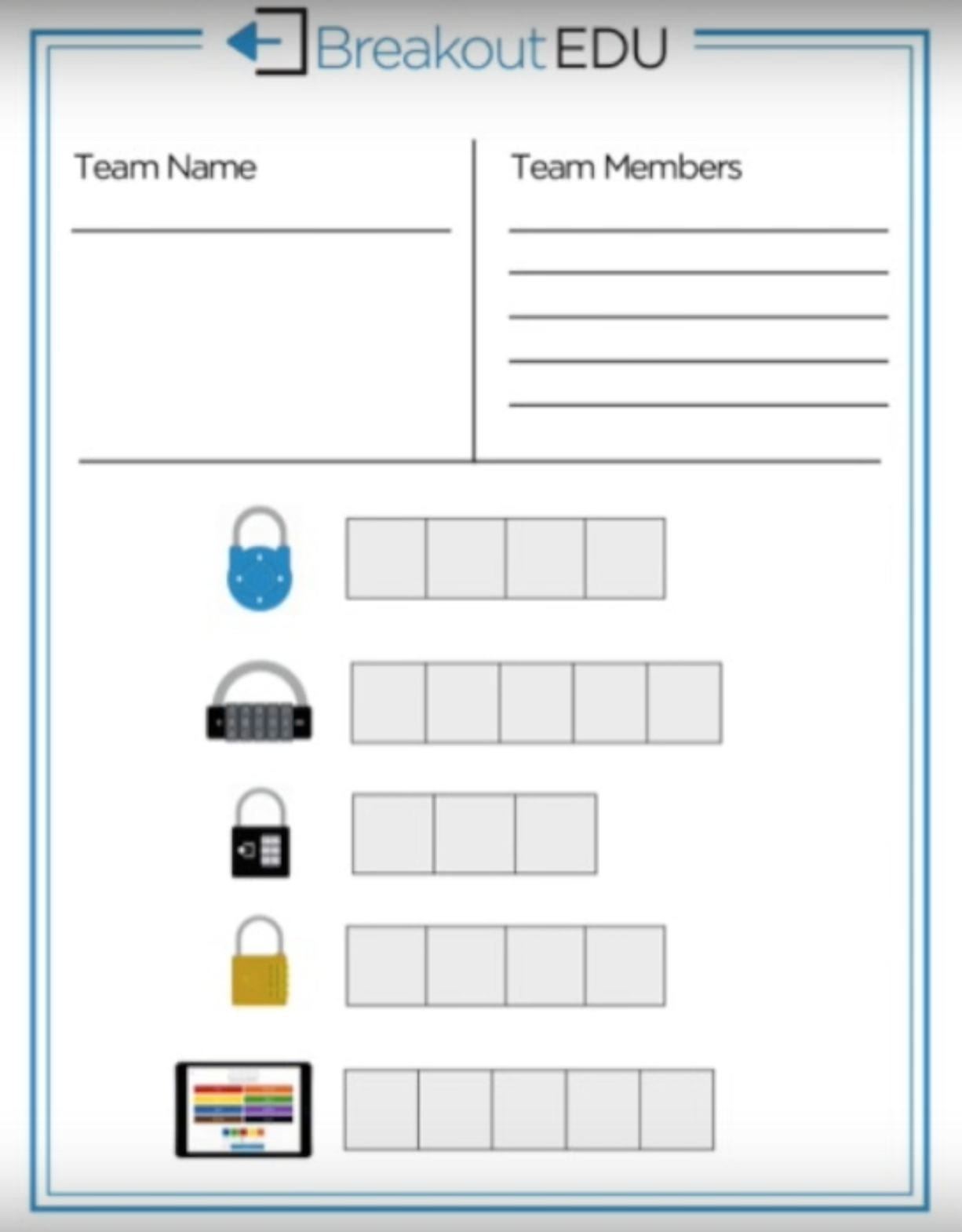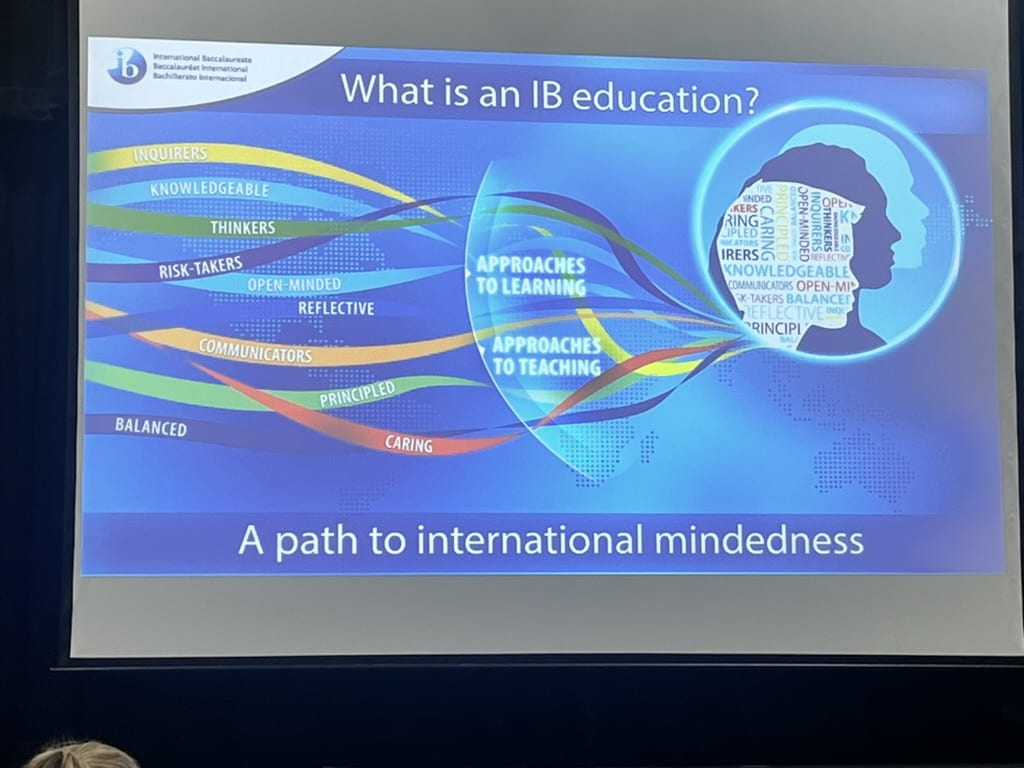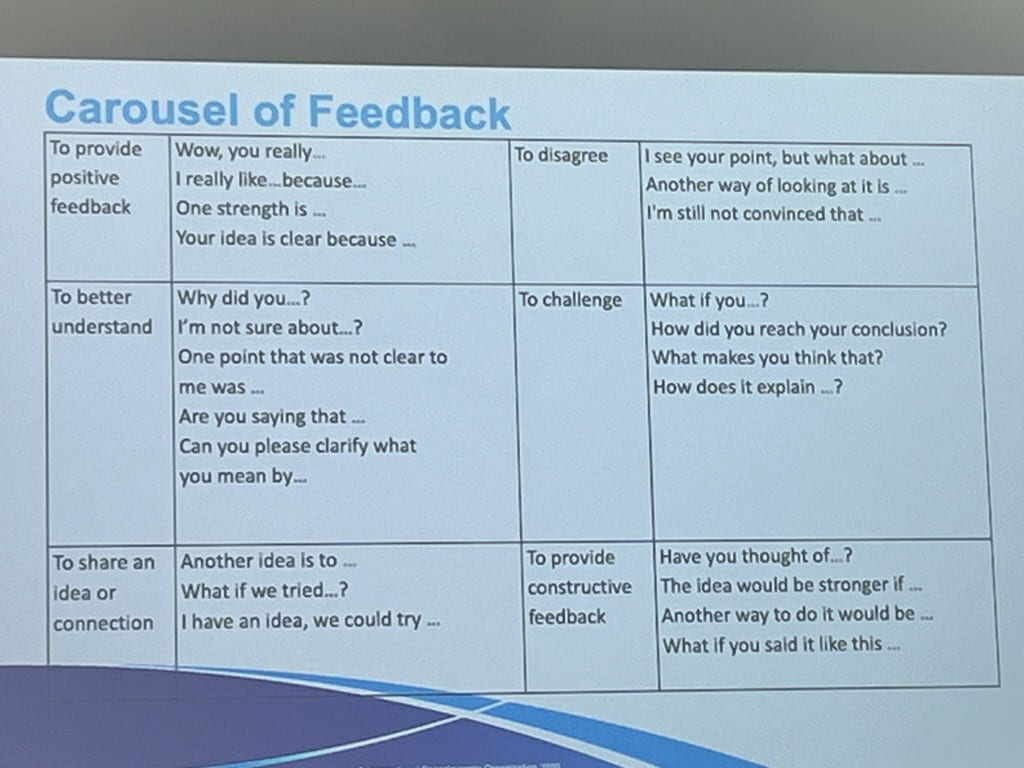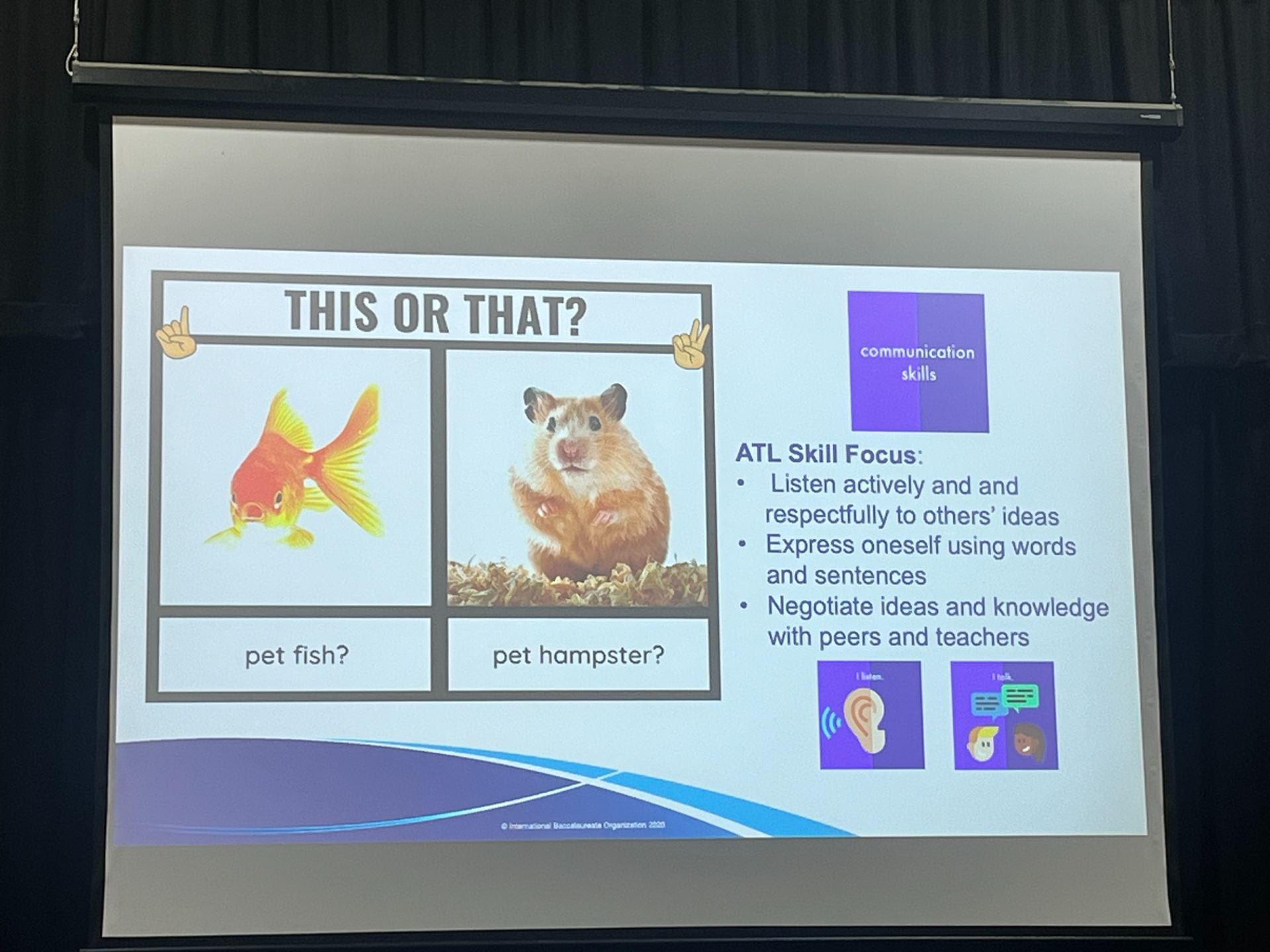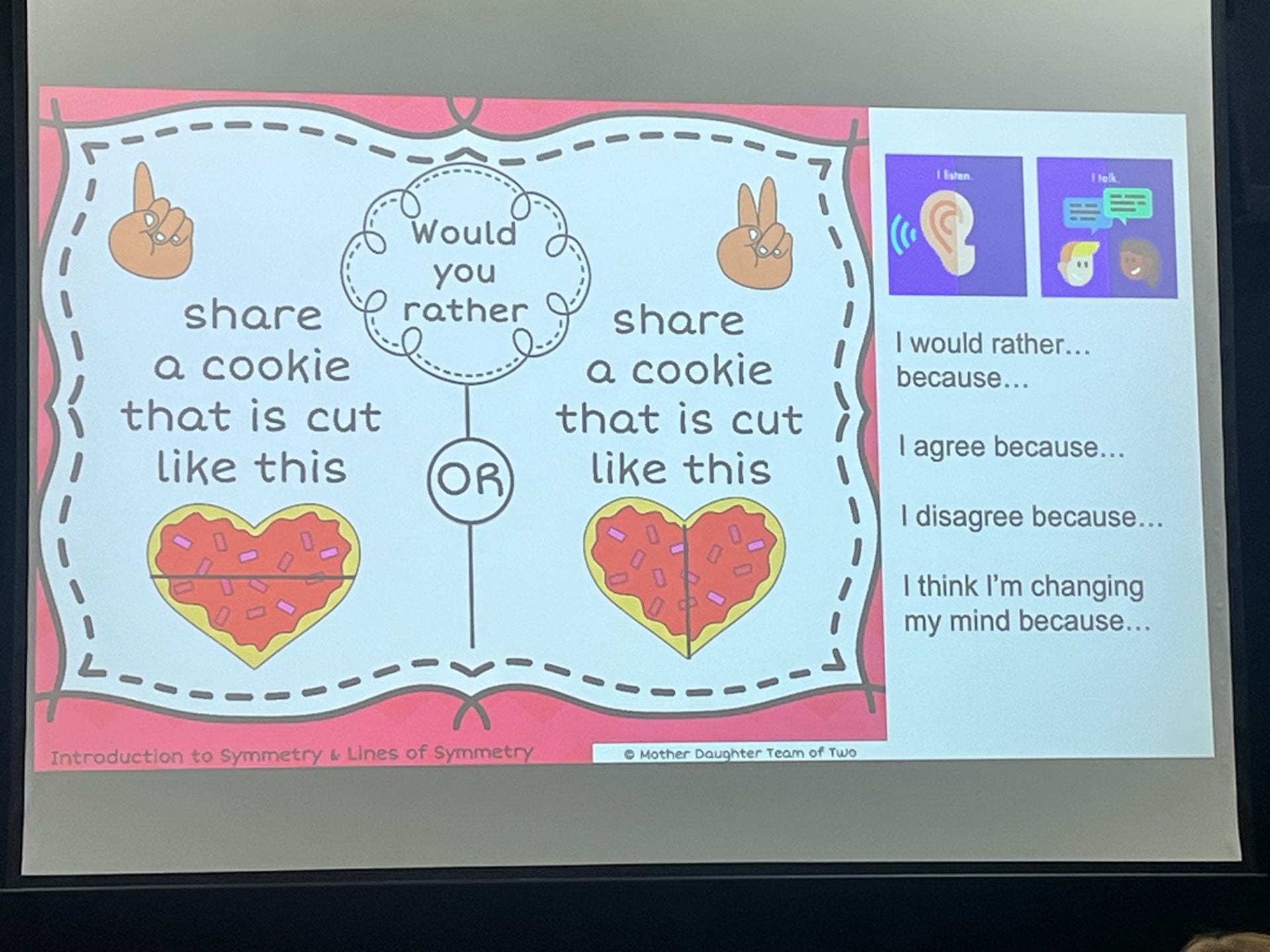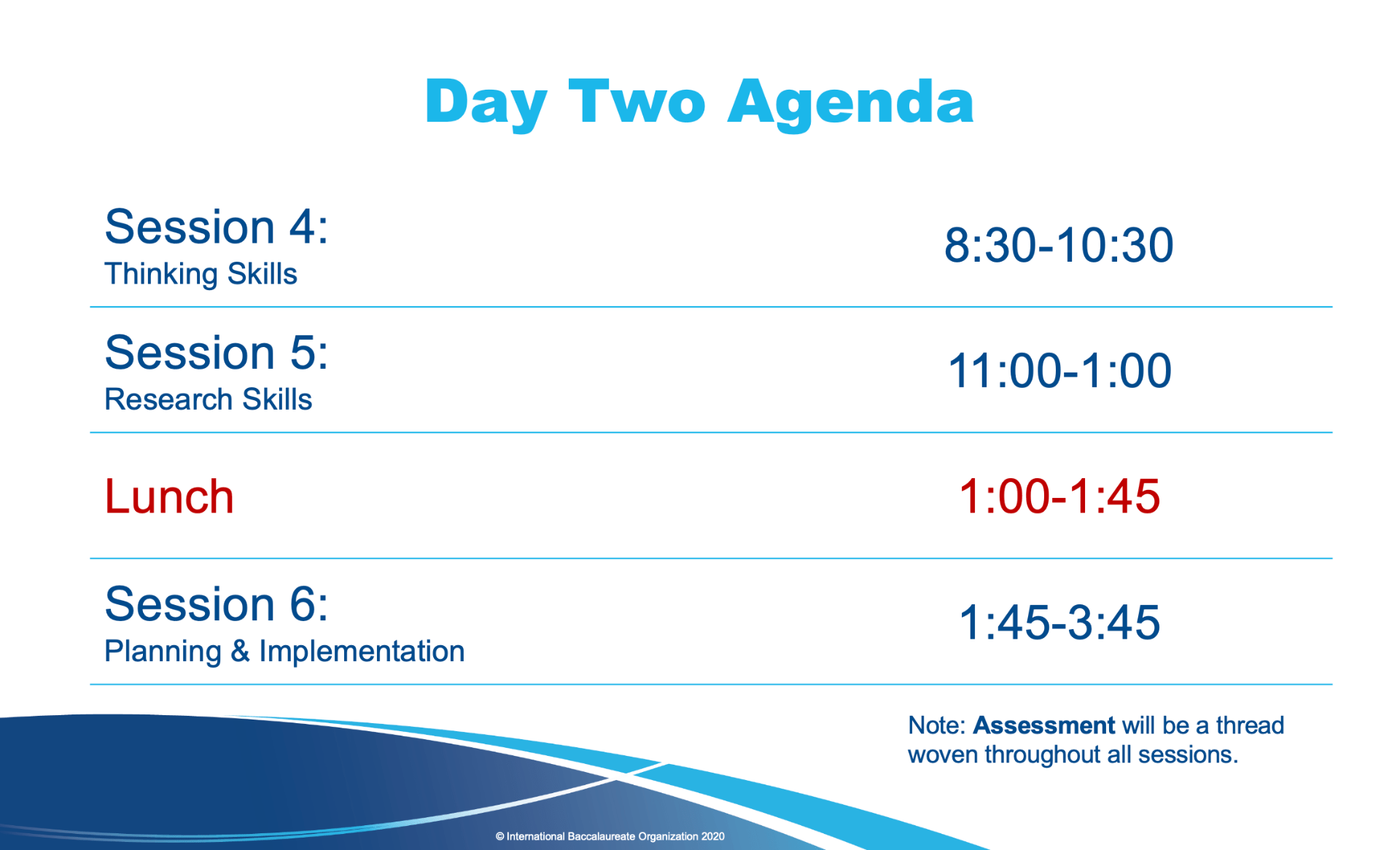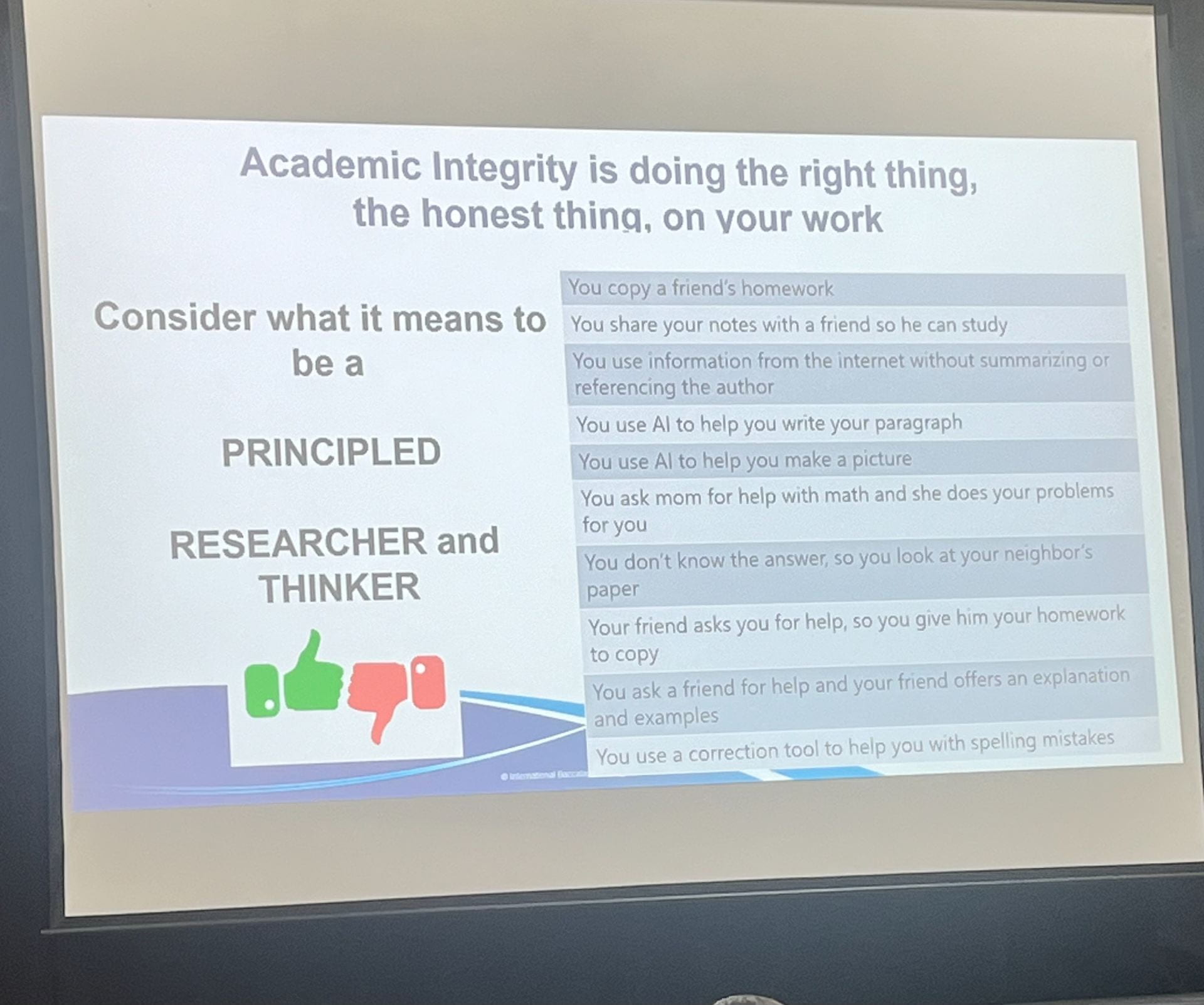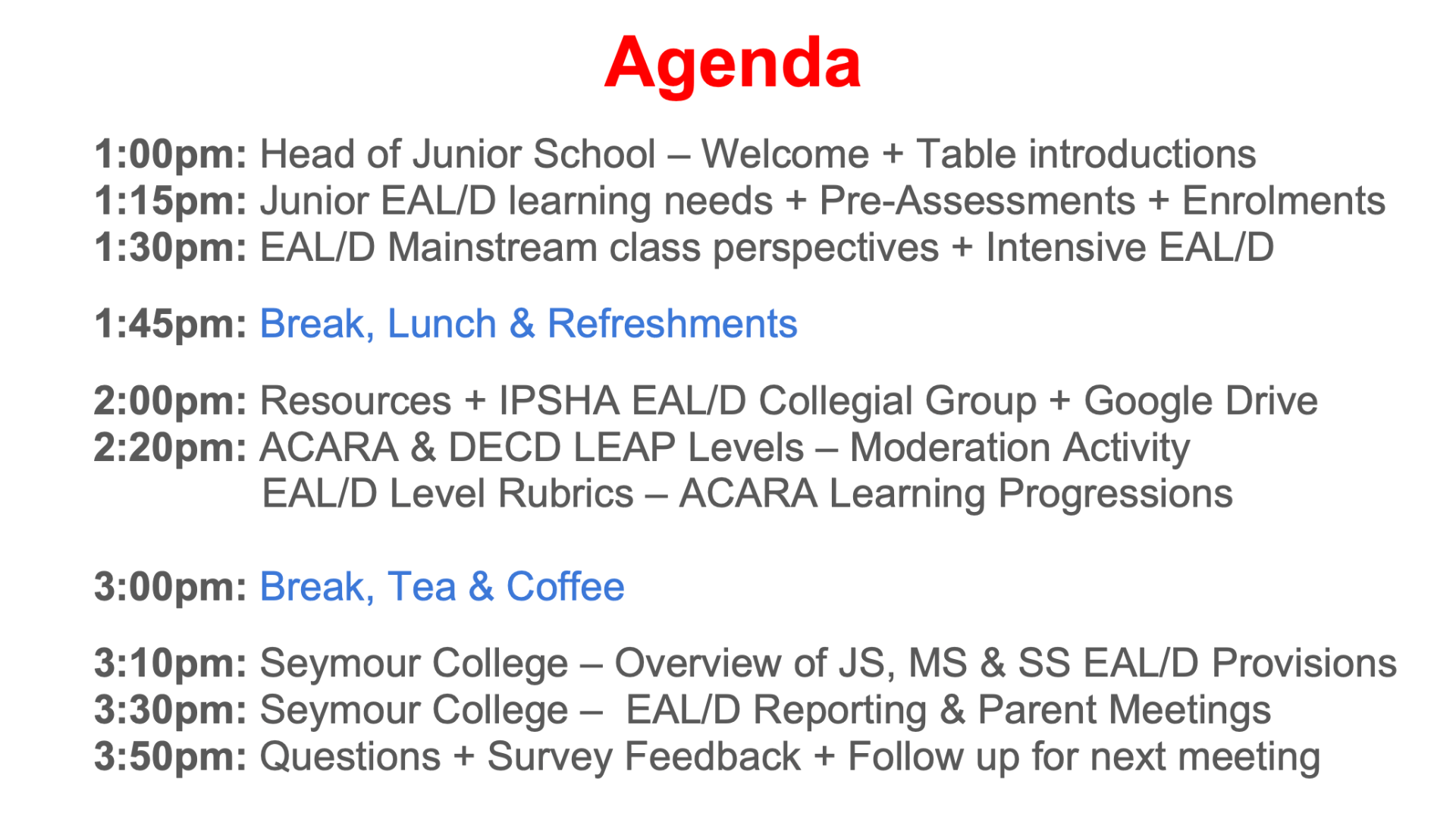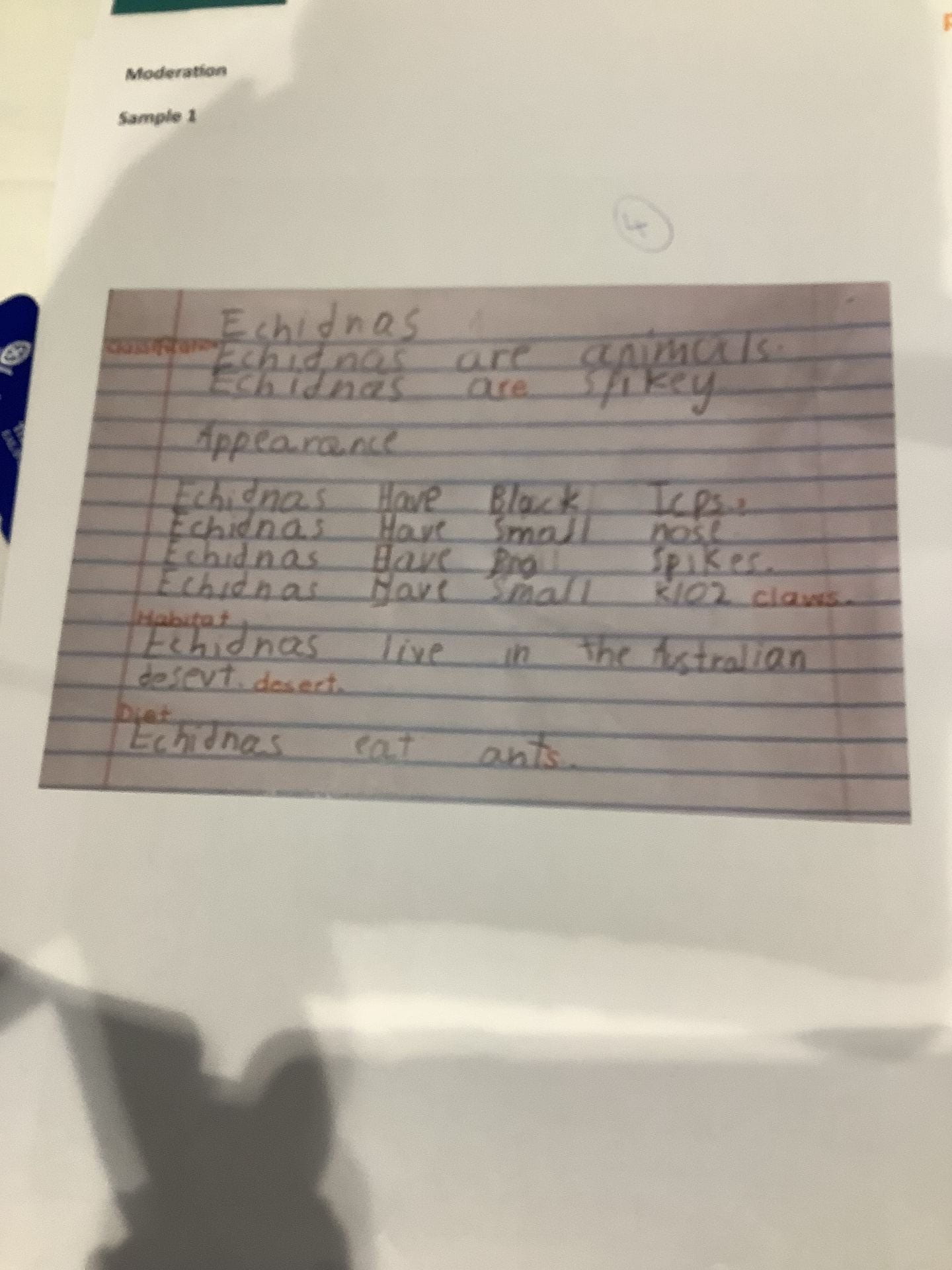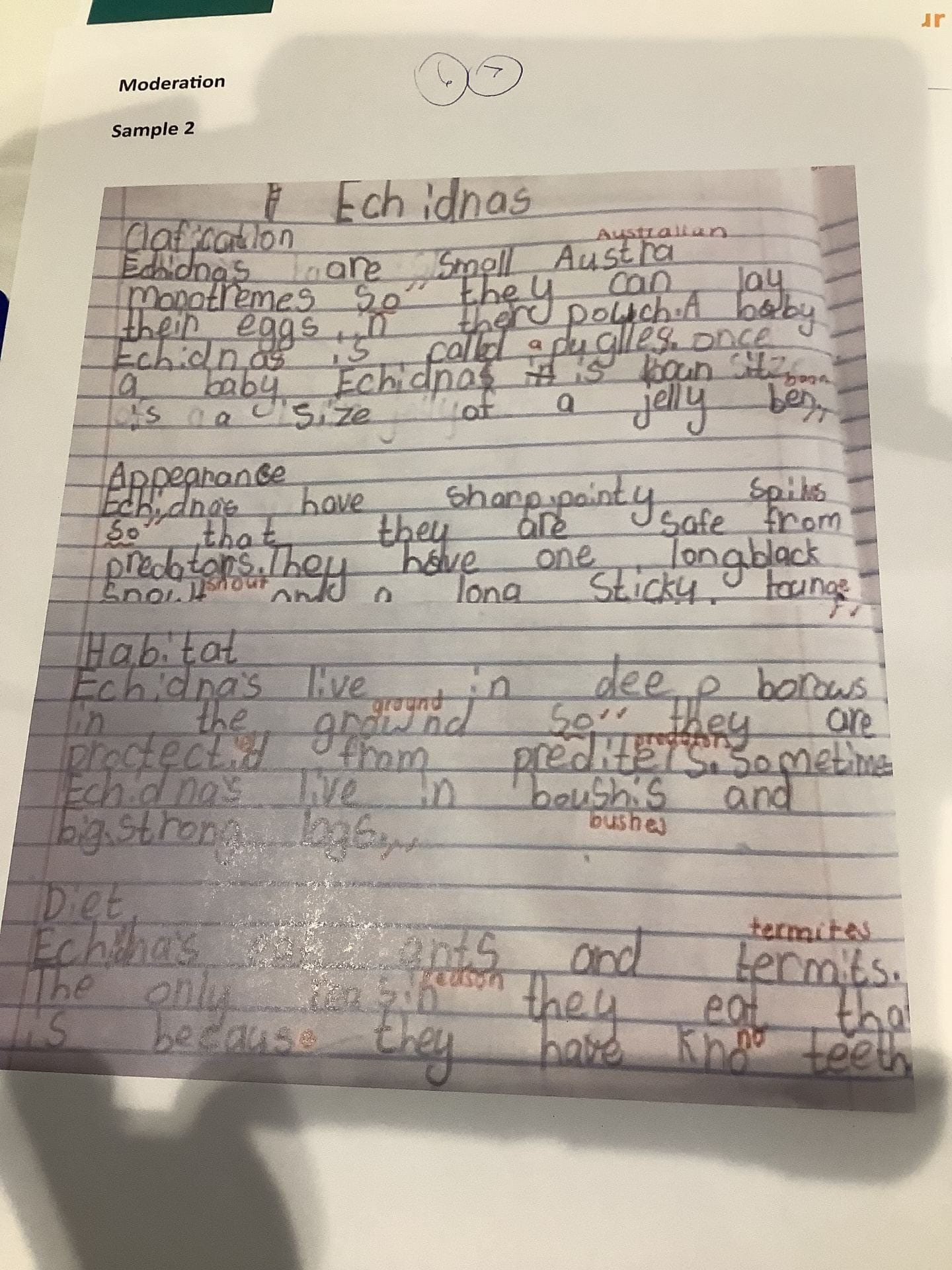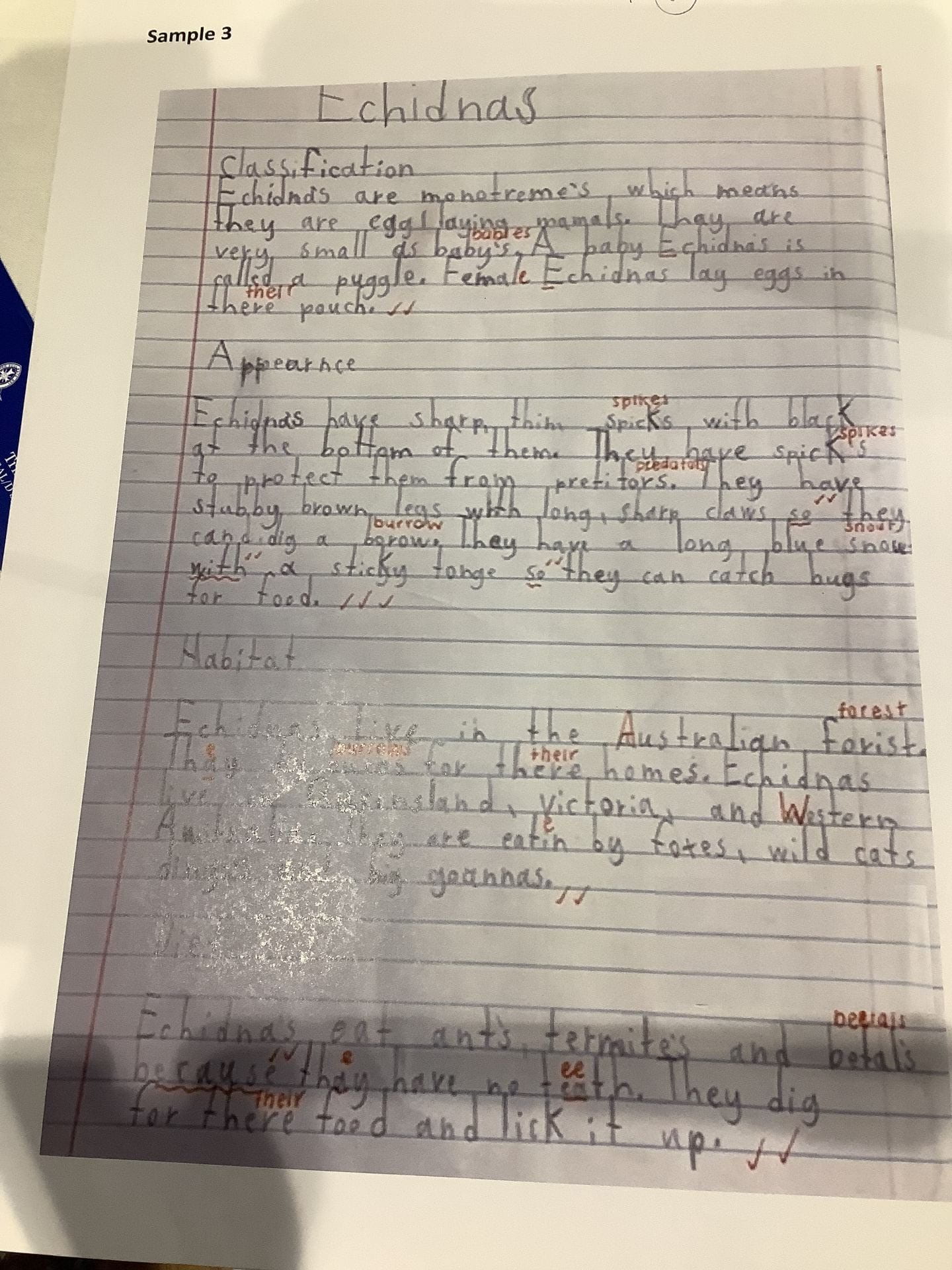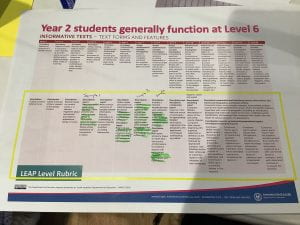AI Training Session
Professional Development at St Peter’s Girls’ School
Date: Friday 24th January 2025
Hours: 1:00-2:00pm (1 Hour)
Presenter: Garth Coulter
Head of Digital Learning and Technologies at St Peter’s Girls’ School
Professional Development Session Overview:
- Understanding AI
- AI and the Global Movement
- AI in Australian Schools
- Concerns and Safety
- School AI Policy
- Workshop Time
Today I attended this PD about AI in Education. It was a fantastic opportunity for staff at St Peter’s Girls’ School to broaden our understanding of AI and explore the potential it has in educational settings. I particularly enjoyed the workshop tasks that Garth prepared for us and the snapshots of resources which we will be able to explore further in out own time. There are a range of links below worth having a look at. Please enjoy.
AI in Australian Education:
To give more context, the trial included:
- Reframe tasks for students with special needs
- Translate content into students’ first languages
- Provide differentiated learning materials
- Reduce administrative burdens
- Support lesson planning
AI Concerns and Safety Report:
- COVID paved the way for EdTech adoption across Australia (and further)
- Security and Privacy concerns were raised and elevated after the COVID period due to this spike.
The Centre for Digital Wellbeing (Submission 83, p. 6) identified that:
- 89% of EdTech platforms potentially compromise children’s safety by:
- Monitoring without consent
- Allowing third-party access to data
- Selling student data
The Australian Human Rights Commission (Submission 65) noted that:
- By age 13, advertisers have gathered over 72 million data points about children
- Current privacy protections require strengthening, particularly for children
TEQSA (Submission 33, p. 6) raised concerns about:
- The risk of GenAI systems becoming “self-contained and self-referential”
- The need to maintain human involvement in educational processes
- Ensuring learning outcomes are genuinely achieved
The Commonwealth Department of Education (Submission 48, p. 8) noted:
- Lack of transparency in development and commercialisation of GenAI models
- Difficulty in understanding potential effects
- Need for robust evaluation frameworks
The Australian Framework for Generative AI in Schools addresses these concerns:
- Clear protocols for ethical use
- Guidelines for appropriate implementation
- Framework for assessment and evaluation
- Standards for data protection
- Requirements for transparency and accountability
School AI Policy:
- What policy documents currently exist within your school setting about the use and management of AI?
- I think this is the area that requires considerable thought for future use of AI in schools and considering the protection of students and staff in their AI use.
This is Garth Coutler’s PowerPoint presentation, see link below.
There are are some great videos in the PPT worth watching. I asked for Garth’s permission prior to posting this on my blog.
Useful AI Tools:
Take some time to explore these fantastic AI tools.
Staff Brainstorm Padlet: https://padlet.com/gcoulter_ai/what-are-some-ways-you-ve-used-or-seen-ai-tools-help-with-te-sntrc3bs4hkg584a
CARE: Structure for Crafting AI Prompts
https://www.nngroup.com/articles/careful-prompts/
Open AI:
EdChat DECS:
https://www.education.sa.gov.au/parents-and-families/curriculum-and-learning/ai/edchat
Claude:
https://claude.ai/login?returnTo=%2F%3F
Magic School:
Translated Videos! Useful Tool for EAL/D
I loved this one and hope to explore this further. I would love to create videos for our EAL/D families, translating language in real time, imagine the benefits of this in Parent Interviews and communications! I work in two IB schools, imagine using this to promote and enhance our global connections! So many possibilities.
AI Music creator:
I’d like to take this opportunity to thank Garth Coulter for his AI Presentation today, it left me wanting to learn more and engaged my curiosity. Thanks to St Peter’s Girls’ School for creating space in the start of year professional development days to allow staff to learn and engage with this content. Very valuable and important in todays educational settings.
I hope you find these resources as useful as I do.
Thanks
Jade
